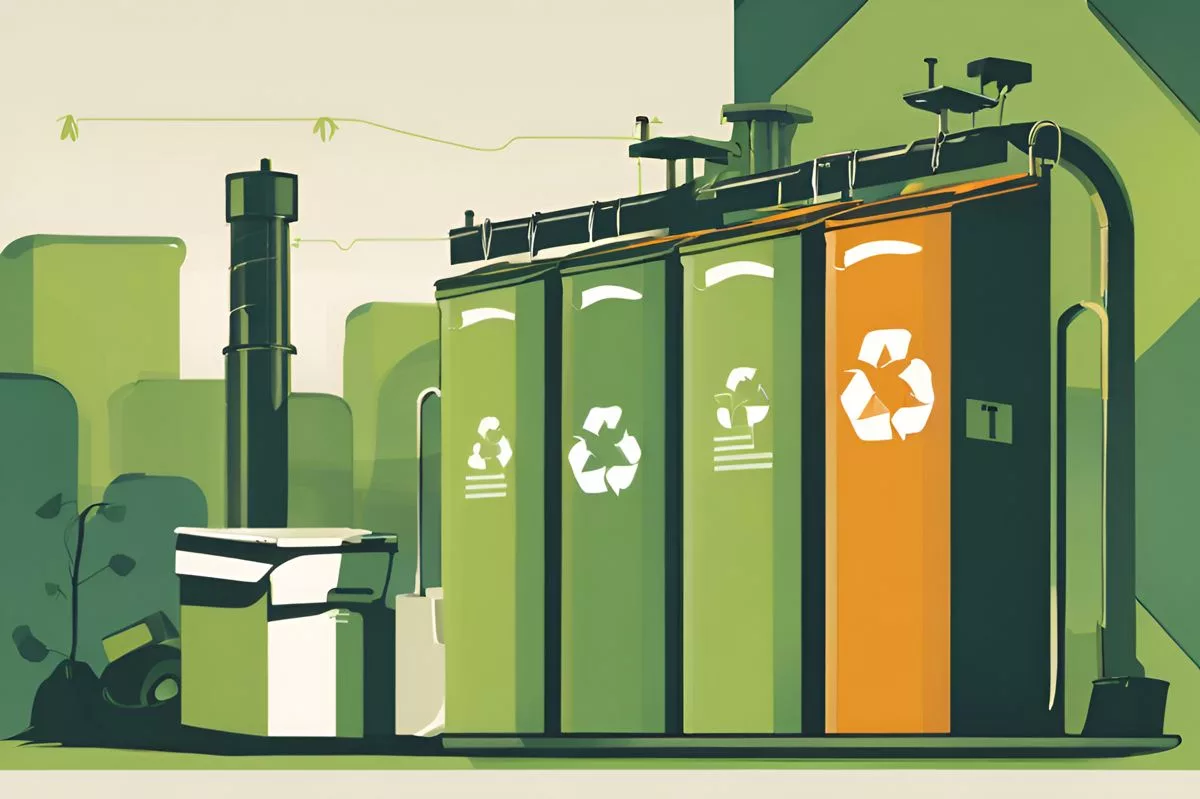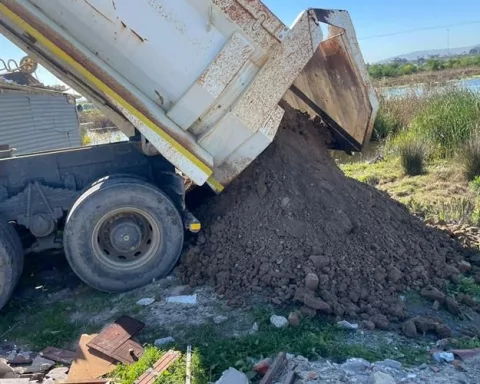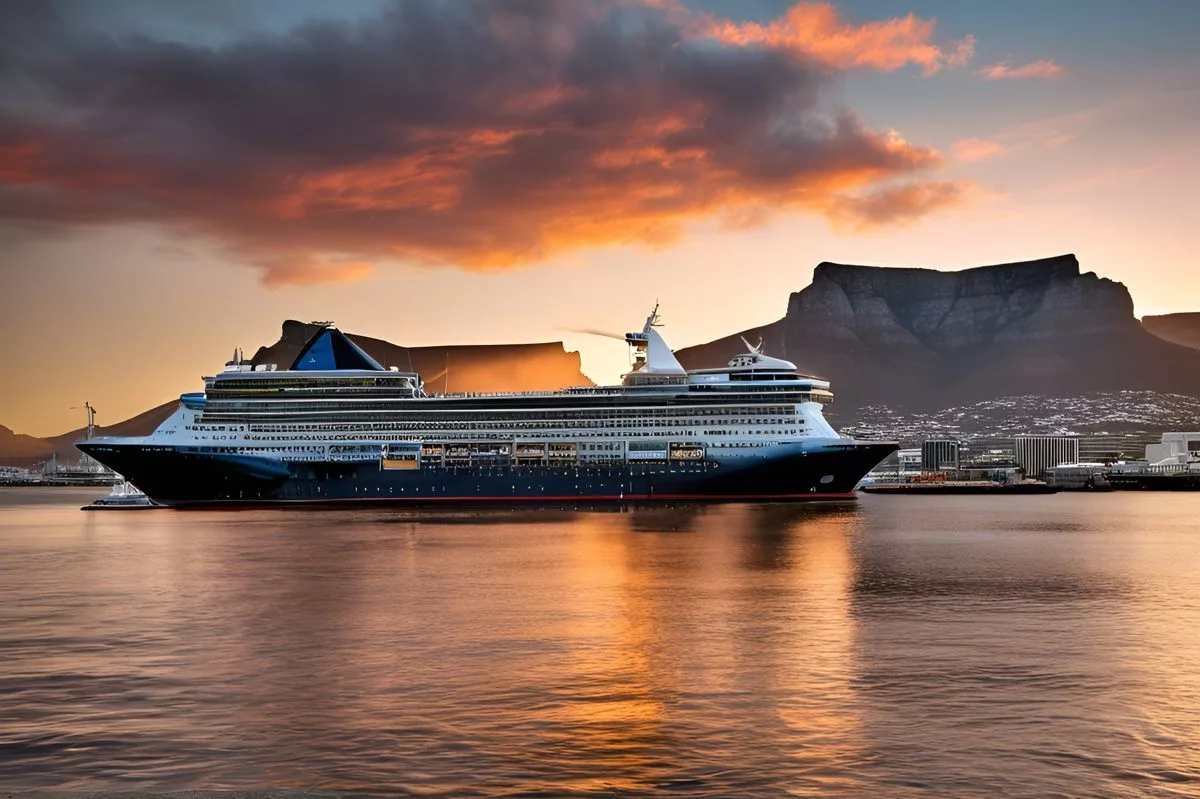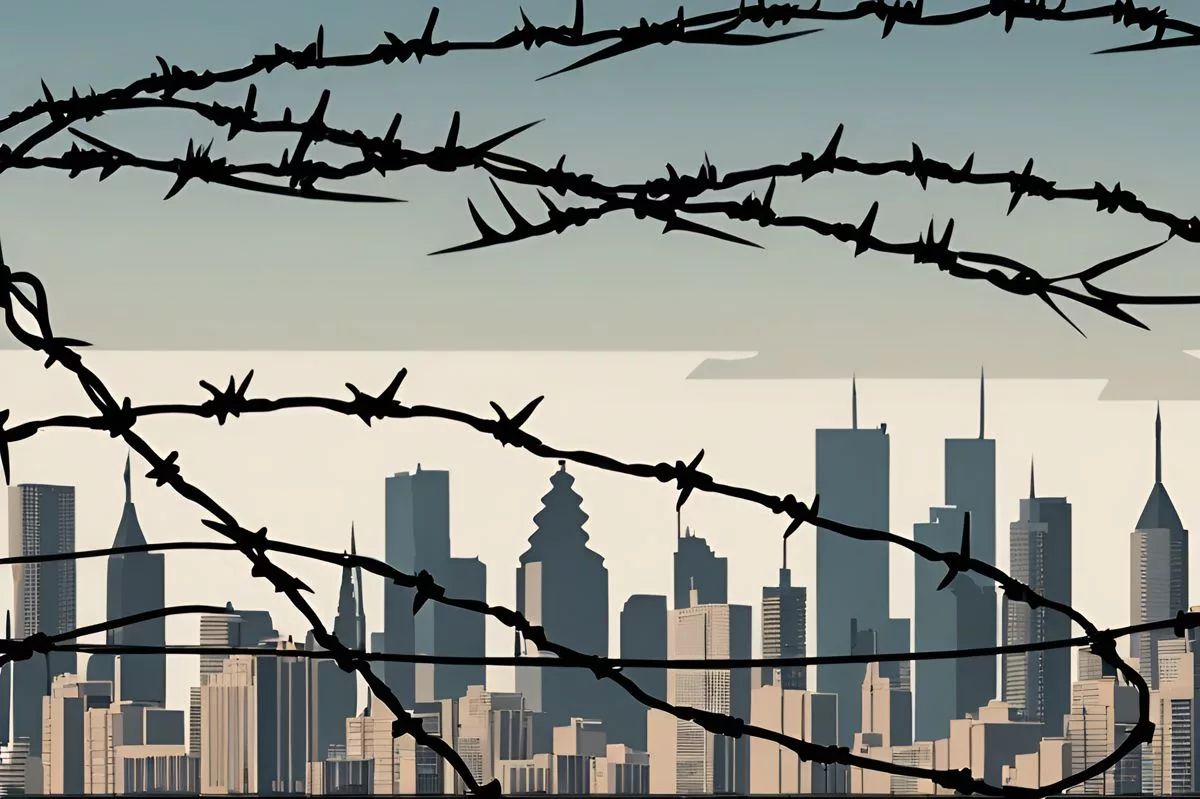Cape Town is leading the way in sustainable waste management with its Material Recovery Facility. Equipped with advanced technology, the facility can recycle up to 65 tonnes of material per day and create over 100 new jobs. The city is also focusing on community education to empower citizens to engage in waste reduction and environmental conservation. This initiative showcases Cape Town’s commitment to a cleaner, greener, and more sustainable future.
Cape Town is revolutionizing its approach to waste management with the Material Recovery Facility (MRF) at Coastal Park landfill. Equipped with advanced mechanical separation technology, the MRF has the capacity to recycle up to 65 tonnes of material daily and is expected to generate over 100 new jobs. This comprehensive solution to waste management, coupled with community education initiatives, represents Cape Town’s commitment to a cleaner, more sustainable future.
Cape Town’s Vision for Sustainability
The renowned city of Cape Town, located at the southernmost point of Africa, is embarking on an exciting path to transformation. This journey moves beyond the usual discourse of tourism to an invigorating discourse of sustainability and environmental stewardship. Central to this quest is the ambitious endeavor by the Urban Waste Management Directorate – the Material Recovery Facility (MRF) at Coastal Park landfill.
This progressive project, which is currently being built, stands as a turning point in Cape Town’s approach towards waste management. Once operational, the MRF will establish itself as a beacon for recycling proficiency, providing a practical solution for the public to assist in waste reduction and environmental conservation. This initiative embodies the city’s dedication to shrinking landfill waste and boosting recycling, an endeavor that aligns with international environmental conservation movements.
The Material Recovery Facility: A Hub for Waste Management Transformation
The MRF is set to be a center for advanced mechanical separation technology, equipped with a bag splitter, magnetic separator, screens, conveyors, and baling systems. This array of high-tech machinery will empower the facility to recycle up to 65 tonnes of material each day.
The transformative impact of the MRF, however, extends beyond recycling. The facility is also positioned to stimulate the local economy, anticipated to generate no less than 100 new jobs. This intersection of environmental sustainability and economic development represents an exciting evolution in the city’s history.
Incorporated in the project design is an eight-bay drop-off facility. This new addition will offer residents a readily-accessible location for disposing of builder’s rubble, mixed waste, garden refuse, and recyclables. Therefore, it functions as a comprehensive solution to waste management, accommodating the varied needs of the public.
Educating the Community on Sustainable Practices
The Coastal Park MRF is more than a facility; it represents a philosophy. Its creation signifies Cape Town’s steadfast commitment to redefining waste management. This commitment extends to community education, with the implementation of a training institute to disseminate knowledge about waste management.
Mayoral Committee Member for Urban Waste Management, Grant Twigg, underscores the importance of communal involvement in facilitating this transformation. The expansion of the Think Twice recycling collection service serves as a call to action for Cape Town residents. It encourages them to actively engage in the process of waste reduction, by separating recyclables from organic and general waste.
Cape Town is designing a blueprint for a cleaner, more sustainable tomorrow. Its journey is one of evolution, from waste accumulation to waste management and environmental stewardship. The city is crafting a narrative of environmental awareness, centered around communal action and responsibility.
Towards a Sustainable Future
The MRF at Coastal Park landfill represents more than just a physical structure. It symbolizes a shift in societal awareness, a movement towards a sustainable lifestyle, and an affirmation of the saying – “Waste not, want not”. It serves as a testament to the city’s commitment to maintaining a cleaner, greener, and more sustainable Cape Town.
The establishment of the Coastal Park MRF demonstrates Cape Town’s resilient commitment to reforming waste management. It is a progressive paradigm shift, a step towards a sustainable future, and a guiding light for global cities endeavoring to undergo a similar transition. It’s a story of transformation that Cape Town is narrating, a story that unfolds one recycled bottle, one compost heap, one informed citizen, and one new employment opportunity at a time.
What is the Material Recovery Facility (MRF) in Cape Town?
The Material Recovery Facility (MRF) is a center for advanced mechanical separation technology at Coastal Park landfill in Cape Town. Equipped with high-tech machinery, it has the capacity to recycle up to 65 tonnes of material per day and generate over 100 new jobs.
How does the MRF contribute to sustainable waste management in Cape Town?
The MRF is a comprehensive solution to waste management in Cape Town, accommodating the varied needs of the public. It is equipped with advanced mechanical separation technology and can recycle up to 65 tonnes of material per day. In addition to waste reduction, the MRF stimulates the local economy by generating over 100 new jobs.
What is Cape Town’s vision for sustainability?
Cape Town is embarking on a path towards transformation, focusing on sustainability and environmental stewardship. Central to this vision is the Urban Waste Management Directorate’s Material Recovery Facility (MRF) at Coastal Park landfill.
How does the MRF foster community education?
The Coastal Park MRF represents a philosophy of waste management that extends to community education. Cape Town residents are encouraged to actively engage in the process of waste reduction by separating recyclables from organic and general waste through the expansion of the Think Twice recycling collection service. A training institute disseminates knowledge about waste management.
How does the MRF contribute to Cape Town’s economy?
The MRF is expected to generate over 100 new jobs, stimulating the local economy. This intersection of environmental sustainability and economic development represents an exciting evolution in Cape Town’s history.
What is Cape Town’s commitment to a sustainable future?
Cape Town is committed to maintaining a cleaner, greener, and more sustainable future. The establishment of the Coastal Park MRF demonstrates Cape Town’s resilient commitment to reforming waste management, and a step towards a sustainable future. It serves as a guiding light for global cities endeavoring to undergo a similar transition.












